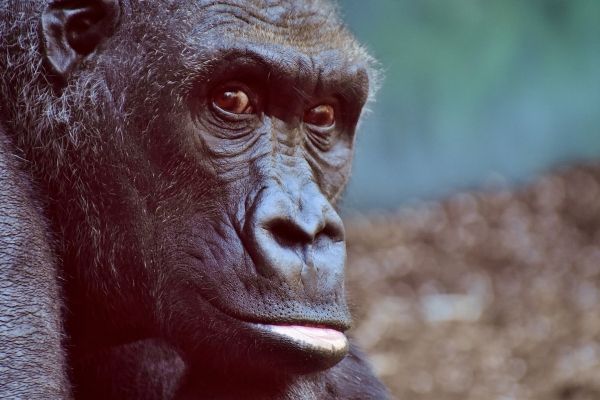Deforestation is changing the way monkeys communicate in their natural habitat, according to a new study.
This study, led by an anthropologist at the University of Waterloo, offers the first evidence in animal communication scholarship of differences in vocal behaviours in response to different types of forest edge areas.
Working in a tropical lowland rainforest in Costa Rica, the researchers examined how human-caused forest habitat changes have affected vegetation and, in turn, the rate and length of howling by the group-living howler monkey species.
Led by Laura Bolt, an adjunct professor of anthropology at Waterloo, the study compared how the communication behaviour of the mantled howler monkey differs in forest edges impacted by human activity, known as anthropogenic edges, compared to natural forest edges.
“Howler monkeys are well-known for making very loud, long-distance vocalizations called howls,” said Bolt. “While howls are only produced by adult males, howl function is not entirely known, so we conducted our study to test the hypothesis that the intensity of howling by monkeys relates to defending ecological resources such as areas of richer vegetation or preferred feeding trees.”
Read more at University of Waterloo
Image by Alexas_Fotos from Pixabay


